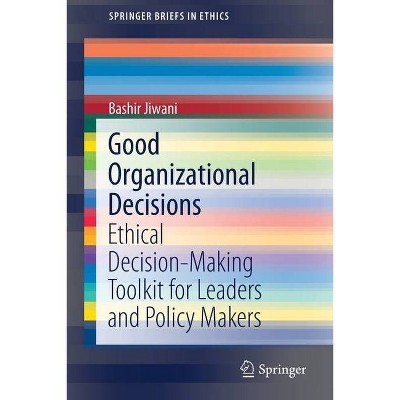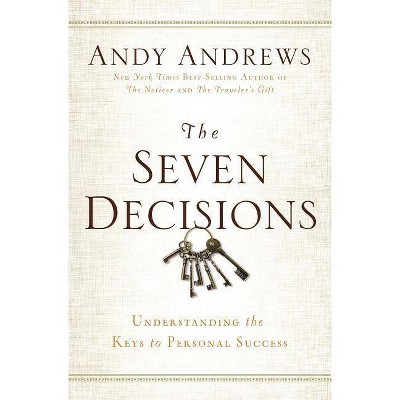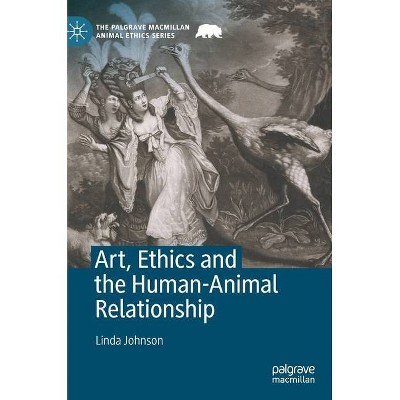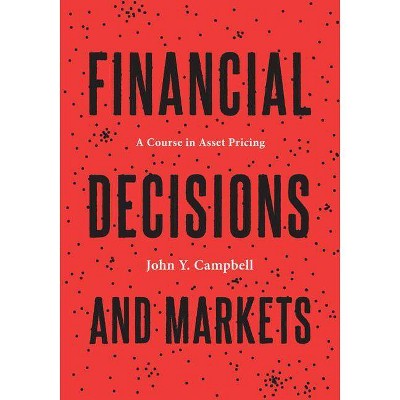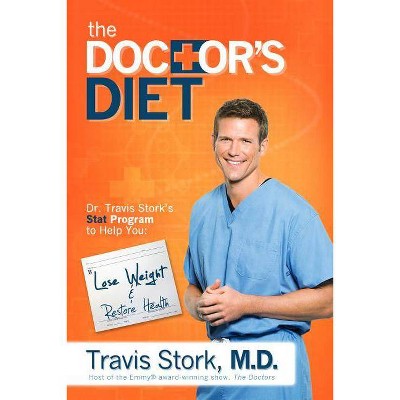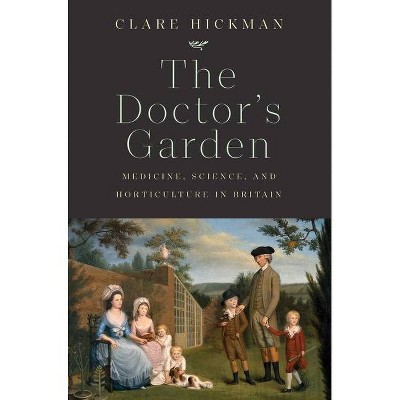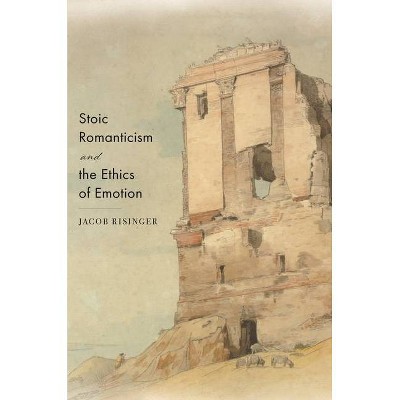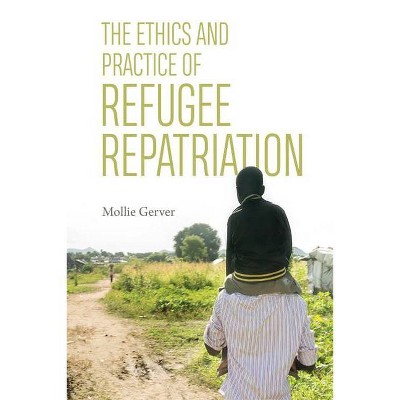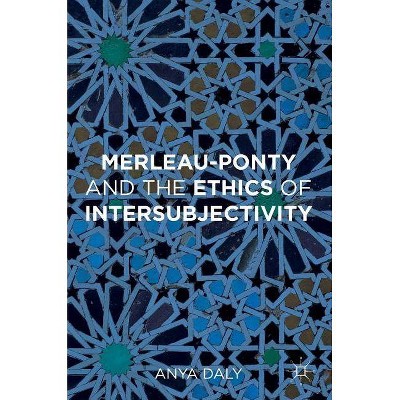Euthanasia and the Ethics of a Doctor's Decisions - by Ole Hartling (Hardcover)
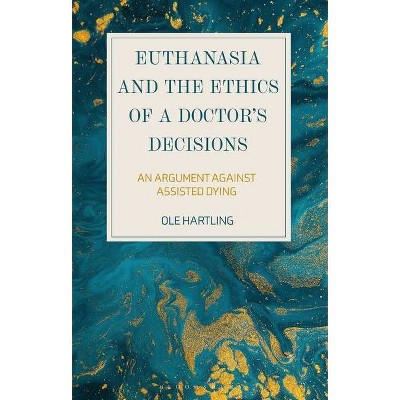
Similar Products
Products of same category from the store
AllProduct info
<p/><br></br><p><b> About the Book </b></p></br></br>"Why do so many doctors have profound misgivings about the push to legalise euthanasia and assisted suicide? Ole Hartling uses his background as a physician, university professor and former president of the Danish Council of Ethics to introduce new elements into what can often be understood as an all too simple debate. Alive to the case that assisted dying can be driven by an unattainable yearning for control, Hartling concentrates on two fundamental questions: whether the answer to suffering is to remove the sufferer, and whether self-determination in dying and death is an illusion. He draws on his own experience as a medical doctor to personalize the ethical arguments, share patients' narratives and make references to medical literature. Here is a sceptical stance towards euthanasia, one that is respectful to those who hold different opinions and well-informed about the details and nuances of different euthanasia practices. Written from a Scandinavian perspective, where respect for autonomy and high quality palliative care go hand in hand, Hartling's is a nuanced, valuable contribution to the arguments that surround a question doctors have faced since the birth of medicine. He shows us how the intentions of doing something good can sometimes lead to even greater dilemmas, opening us up to those situations where an inclination to end suffering by ending life is deeply conflicting both for the clinician and for any fellow human being"--<p/><br></br><p><b> Book Synopsis </b></p></br></br>Why do so many doctors have profound misgivings about the push to legalise euthanasia and assisted suicide? Ole Hartling uses his background as a physician, university professor and former chairman of the Danish Council of Ethics to introduce new elements into what can often be understood as an all too simple debate.<br/> <br/>Alive to the case that assisted dying can be driven by an unattainable yearning for control, Hartling concentrates on two fundamental questions: whether the answer to suffering is to remove the sufferer, and whether self-determination in dying and death is an illusion. <br/> <br/>He draws on his own experience as a medical doctor to personalize the ethical arguments, share patients' narratives and make references to medical literature. Here is a sceptical stance towards euthanasia, one that is respectful to those who hold different opinions and well-informed about the details and nuances of different euthanasia practices. <br/><br/>Written from a Scandinavian perspective, where respect for autonomy and high quality palliative care go hand in hand, Hartling's is a nuanced, valuable contribution to the arguments that surround a question doctors have faced since the birth of medicine. He shows us how the intentions of doing something good can sometimes lead to even greater dilemmas, opening us up to those situations where an inclination to end suffering by ending life is deeply conflicting both for the clinician and for any fellow human being.<p/><br></br><p><b> Review Quotes </b></p></br></br><br>Dr. Hartling has written an important book on euthanasia. It is well-informed about the details and nuances of different euthanasia practices, it is well-argued both medically and ethically, and despite its sceptic stance towards euthanasia, it is respectful to those who hold different opinions. It is also an asset to see a book written from a Scandinavian perspective, where respect for autonomy and high quality palliative care go hand in hand.<br/>Theo Boer, Professor of Health Care Ethics, Protestant Theological University, Groningen, the Netherlands<br><br>Ole Hartling cites, in his book on assisted dying, the British palliative care physician Robert Twycross: "At the bedside, however, the arguments against are overwhelming." Ole takes us directly there, to the bedside. He shows us in a very practical way why so many health care workers, despite understanding the desire for assisted dying might be desirable, still think it should not be legalised.<br/>Morten Horn, Consultant in Neurology and ALS Team Physician, Oslo University Hospital, Norway<br><br>The question of assisted dying is as old as medicine and more vexing than ever. It is hard to imagine a better guide than Ole Hartling who combines the incisiveness of an ethicist, the perspective of a physician, and most importantly, the heart of a truly compassionate human being.<br/>Steven Woloshin, Professor of Medicine, Dartmouth Institute, USA and The Lisa Schwartz Foundation for Truth in Medicine, USA<br><p/><br></br><p><b> About the Author </b></p></br></br><b>Ole Hartling </b>is a medical doctor and professor who has been working in the field since the 1980s. He has lectured and been published widely within the topics of medicine, physiology, bioethics, health politics and philosophy and has won several awards for bringing ethical questions into the public arena. A member of the Danish Council of Ethics for eight years, he was its Chairman between 2003 and 2007. <b></b>
Price History
Price Archive shows prices from various stores, lets you see history and find the cheapest. There is no actual sale on the website. For all support, inquiry and suggestion messagescommunication@pricearchive.us
